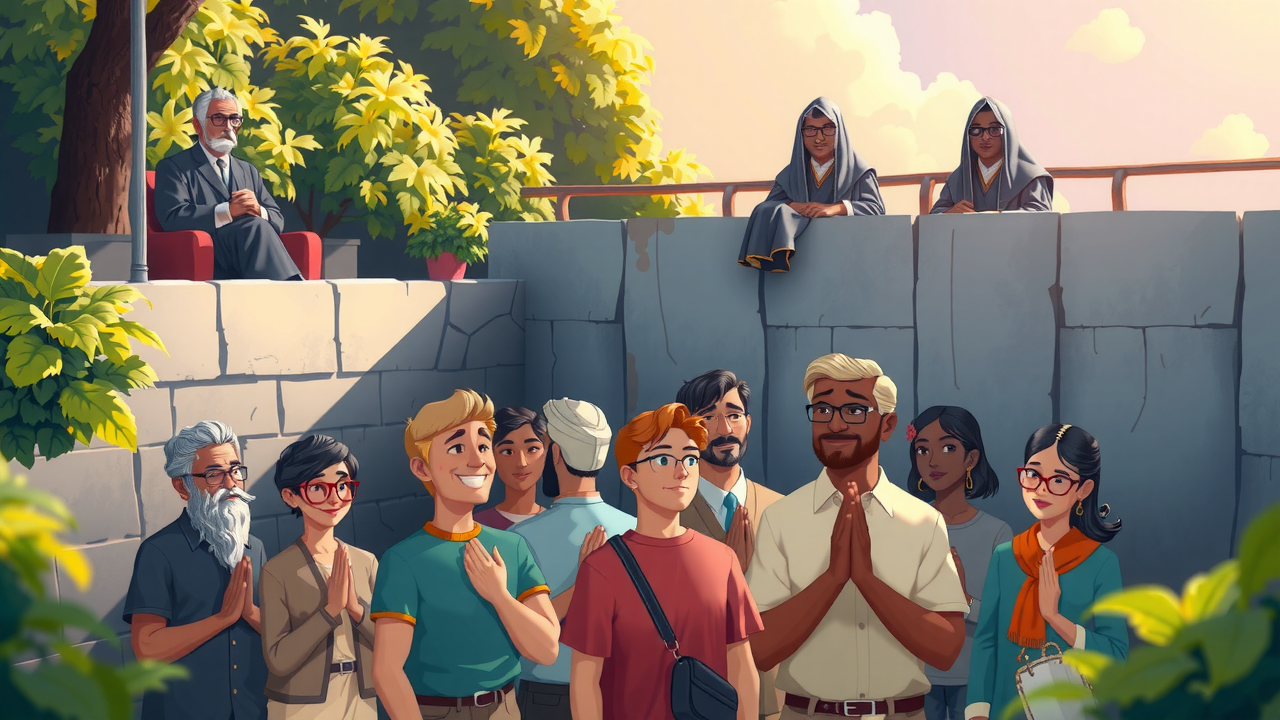In a significant relief to over 50,000 people residing on “encroached” railway land near Haldwani railway station in Uttarakhand, the Supreme Court of India has mandated the creation of a rehabilitation scheme. The SC emphasized a humane approach while addressing the issue, directing authorities to

SC: “They are all human beings. Courts cannot be ruthless, but simultaneously courts cannot encourage people to encroach. You, as the state, when everything has been transpiring before your eyes, you also had to take action. The fact remains that people have been living there for 3-5 decades, perhaps even before independence. What have you been doing all these years?”
In a landmark decision, the Supreme Court of India has mandated the creation of a rehabilitation scheme for over 50,000 people residing near Haldwani railway station in Uttarakhand. This decision comes as a significant relief to these residents, following an application by the Centre and Railways to modify an earlier order that stayed their eviction. The Supreme Court emphasized the necessity of a humane approach while addressing the issue.
Supreme Court Order
- The Supreme Court bench comprised Justices Surya Kant, Dipankar Datta, and Ujjal Bhuyan.
- Authorities have been instructed to identify necessary land for railway track expansion and the families affected within four weeks.
- The next hearing is scheduled for September 11.
Background
- Nearly 50,000 residents, primarily from over 4,000 families, have been asserting their rightful ownership of the land.
- The Supreme Court’s decision follows its January 5 stay on the Uttarakhand High Court’s directive to remove residents from 29 acres of land claimed by the Railways in Haldwani.
- The application by the Centre and Railways sought to modify this earlier stay order.
Railway’s Argument
- The Railways argued that the retaining wall protecting the railway tracks was destroyed by the Ghuala River during last year’s monsoon.
- According to the Railways, there are 4,365 residents on the land.
State Government’s Role
- The Uttarakhand Chief Secretary has been directed to hold a meeting with the Centre and Railways to devise a rehabilitation plan.
- The state government must provide a detailed scheme on how and where the affected families will be rehabilitated.
Highlights
- The court highlighted that people have been living on this land for 3-5 decades, possibly even before independence, questioning the inaction of authorities over the years.
- This decision underscores the importance of addressing such issues with empathy and compassion, ensuring that the rights and livelihoods of all individuals are respected.





